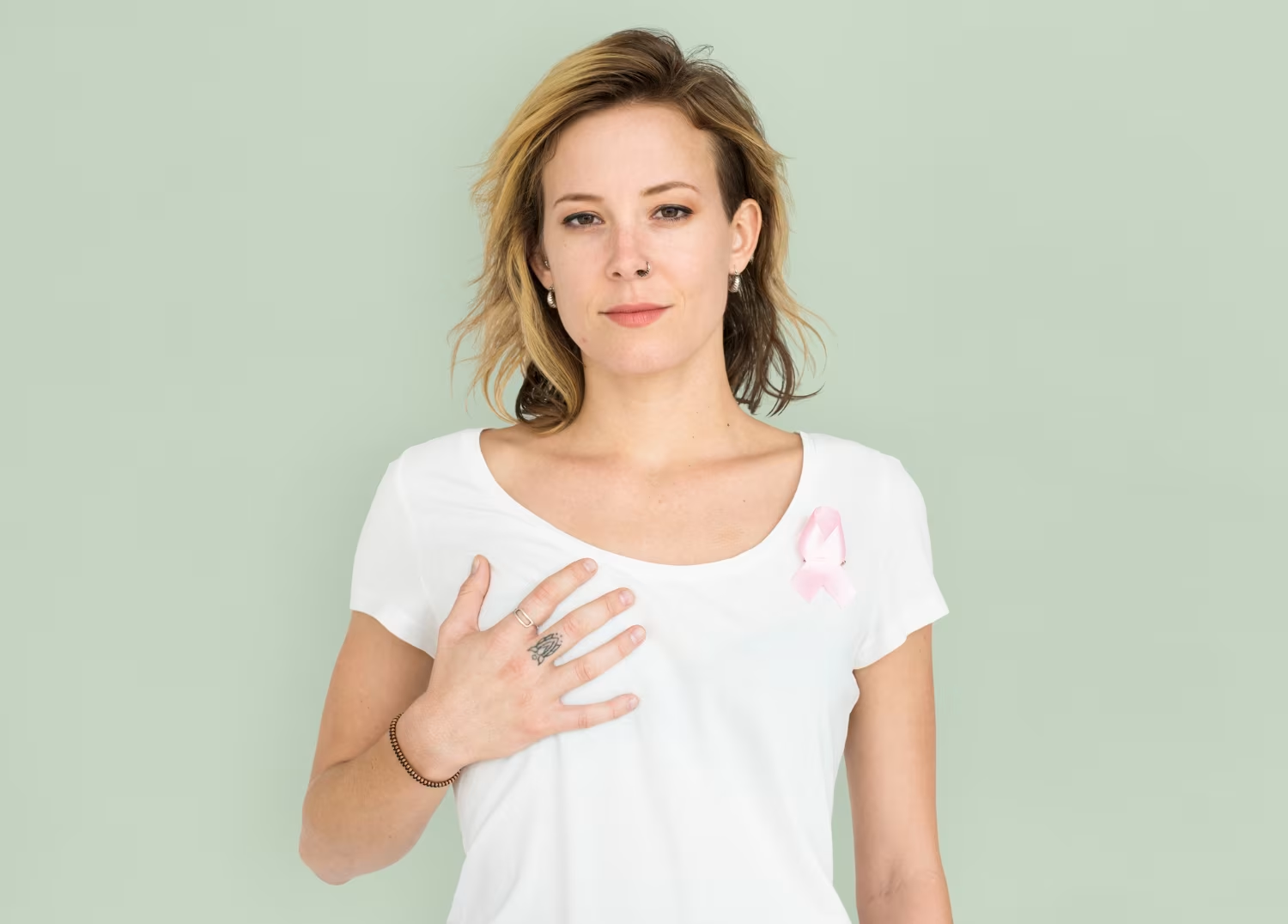
Breast cancer is the most common cancer in women worldwide — and while treatment has come a long way, many patients live with the fear that it could come back. Understanding the risk of recurrence of breast cancer is crucial for peace of mind, early action, and better outcomes.
Recently, a new blood test for breast cancer recurrence has been developed that can detect returning cancer before it shows up on scans. In this blog, we’ll look at what this means, who’s most at risk, symptoms of recurrence, and how tools like recurrence risk calculators and blood tests can help.
Breast cancer recurrence refers to the return of cancer after treatment and after a period of time when it wasn’t detectable. It can come back in the same breast or scar tissue (local recurrence), nearby lymph nodes or tissues (regional recurrence), or other parts of the body like the bones, lungs or liver (distant recurrence or metastasis).
A UK research team at the Institute of Cancer Research in London has developed a highly sensitive blood test for breast cancer recurrence. This test detects small traces of tumour DNA in the blood — even before any signs appear on imaging.
This breakthrough could mean routine blood tests for breast cancer recurrence become a powerful tool for monitoring patients after treatment.
Different types of breast cancer carry different risks of coming back:
Knowing what type of breast cancer has the highest recurrence rate can help guide follow-up plans and lifestyle choices.
If cancer returns, the symptoms may depend on where it comes back.
Always speak to your GP or specialist if you notice breast cancer recurrence symptoms.
Your chances of breast cancer recurrence depend on a mix of factors:
A breast cancer recurrence risk calculator can estimate your individual risk — something your specialist or private GP may use as part of your care plan.
Overall, the breast cancer recurrence rate varies:
These numbers aren’t meant to scare you — they help inform better monitoring, prevention, and personalised follow-up care.
Yes — here are a few steps you can take:
Early signs are more treatable — regular reviews with your private GP or oncology team matter.
Discuss the new breast cancer recurrence blood test with your doctor to see if it’s suitable.
If you’re on hormone therapy (like Tamoxifen), take it consistently for the recommended duration.
If you’re concerned about your risk of recurrence, want faster access to scans, or are curious about new blood tests for breast cancer recurrence, a private GP can help with:
You can book a confidential consultation with our Private GP for breast cancer recurrence assessment.
Often a new lump, pain, or skin changes near the surgery site. In metastatic cases, signs might include fatigue, weight loss, or bone pain.
Yes — emerging blood tests for breast cancer recurrence can detect tumour DNA before a scan shows anything. These are still being developed but show great promise.
If cancer hasn’t returned in 5 years, your risk decreases — especially for triple-negative and HER2+ cancers. However, hormone-receptor-positive cancers can still return later.
Common sites are the bones, lungs, liver, and brain.
At Private Medical Clinic, we offer fast, flexible access. You can learn more about private GP costs here.
Breast cancer survivors often carry invisible worry about recurrence. But with new tools like recurrence blood tests, clearer risk calculators, and tailored private GP support — you don’t have to face it alone.
If you’d like peace of mind or support with your post-cancer care, book a consultation today via our private GP’s or explore our full range of health services.



.jpg)

